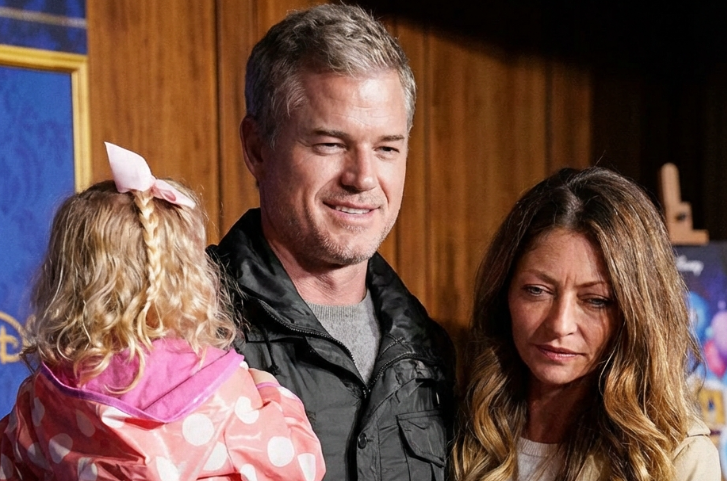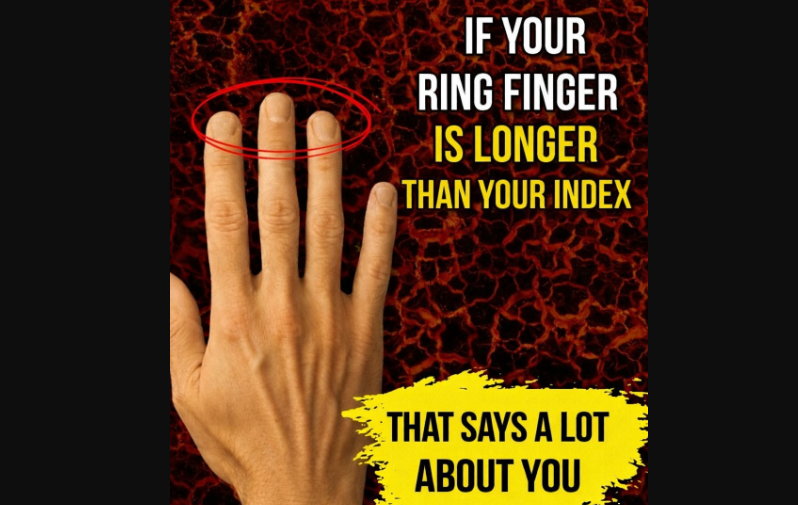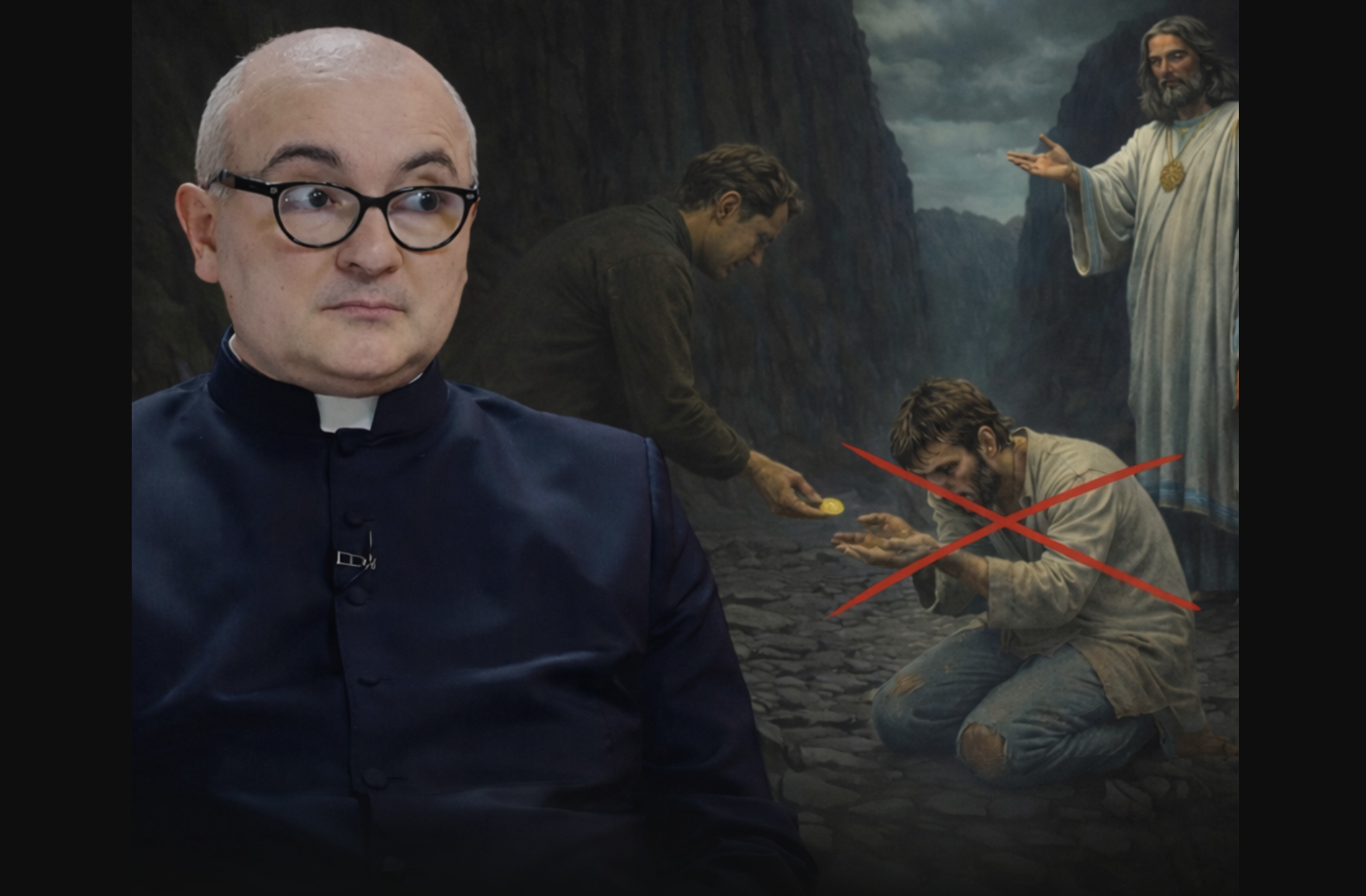Funerals are profoundly emotional events, steeped in grief, contemplation, and remembrance. In these moments, the words we utter carry significant weight. Even with the best intentions, some remarks can appear insensitive, dismissive, or even offensive to those mourning a loved one. When offering condolences to a family member, friend, or colleague, speaking with empathy and caution is important.
Here are four statements to avoid at a funeral—and why their omission matters.
1. “They’re in a better place now.”
While this phrase often aims to provide comfort, it can unintentionally invalidate the grief an individual experiences. Stating that a loved one is “in a better place” might seem like spiritual reassurance, but to someone actively processing loss, it could imply dismissal of their pain or an attempt to hasten their healing process.
What to say instead:
“I’m profoundly sorry for your loss. I am here if you require anything.” Simple, sincere words often resonate most deeply.
2. “At least they lived a long life.”
Although age can influence acceptance, no amount of time diminishes the difficulty of losing someone. Assuming that a long life somehow simplifies death can be hurtful. Grief has no expiration date, and this comment might induce guilt in the mourner for their sadness, suggesting they should feel more “thankful” than heartbroken.
What to say instead:
“They touched countless lives. I know they held deep significance for you.” Acknowledge the loss without comparison or minimization.
3. “I know exactly how you feel.”
Even with shared experiences of loss, grief is profoundly personal and manifests uniquely for each individual. Uttering “I know how you feel” can shift the focus to yourself, diverting attention from the person currently grieving. It may also appear presumptuous or unfeeling if your experience with loss differs from theirs.
What to say instead:
“I cannot fathom your experience, but I am here to support you.” Offering support without making assumptions provides significant comfort.
4. “Everything happens for a reason.”
This phrase may stem from spiritual or philosophical convictions, but it can be more aggravating than consoling. Attempting to assign meaning or rationale to a loved one’s death can sound cold or overly detached. It might appear as if you are trying to rationalize their pain rather than simply standing in solidarity with them through it.
What to say instead:
“This must be incredibly challenging. I am deeply sorry.” Recognizing the difficulty of the moment conveys compassion and respect.
Final Thoughts
When attending a funeral or offering condolences, your words do not require grand gestures. They need only be kind and thoughtful. Sometimes, merely being present, offering an embrace, or listening attentively can convey more than any utterance.






